Top AI Opponent Generators in 2025 for Game Developers
December 5, 2024


AI Opponent Generators have revolutionized the gaming industry by creating more intelligent, adaptive, and challenging opponents. These tools leverage artificial intelligence techniques to develop virtual adversaries that can learn, adapt, and provide a dynamic gaming experience. This article explores the concept of AI Opponent Generators, their underlying techniques, benefits, challenges, and future trends. By utilizing AI image generator tools to create unique and visually appealing game environments, developers can enhance the immersive experience for players facing these challenging AI opponents.
AI Opponent Generators are sophisticated software tools that employ artificial intelligence techniques to create dynamic and intelligent opponents within video games. These AI-powered opponents can learn, adapt, and react to player strategies, providing a more engaging and challenging gaming experience.
To create intelligent and adaptive AI opponents, game developers employ several key techniques:
FSMs are suitable for creating simple, rule-based AI behaviors.
The AI opponent transitions between states, each associated with specific actions and decisions.
FSMs can become complex and difficult to manage for more sophisticated AI behaviors.
Behavior Trees provide a hierarchical structure for representing complex AI behaviors.
They allow for modular design, making creating and modifying AI behaviors easier.
Behavior Trees can handle both simple and complex AI behaviors.
Train AI opponents on large datasets of player interactions to learn optimal strategies.
Discover patterns and relationships in player behavior to adapt to different playstyles.
Allow AI opponents to learn through trial and error, receiving rewards or penalties for their actions.
AI opponents learn to maximize rewards by taking actions in the game environment.
The AI learns optimal strategies through iterative improvement.
The AI balances exploring new strategies with exploiting known good strategies.
AI Opponent Generators offer numerous advantages for game developers and players alike:
AI opponents can adapt to player skill levels, providing a challenging and engaging experience for players of all abilities.
AI can exhibit unpredictable and surprising behaviors, keeping players on their toes.
AI opponents can offer diverse and challenging gameplay experiences, encouraging players to return to the game.
AI can continue to learn and adapt, providing a constant source of new challenges.
AI tools can automate many aspects of opponent development, reducing development time and costs.
AI-powered opponents can be quickly iterated upon and improved.
AI can adjust the difficulty and playstyle of opponents to match the player’s skill level and preferences.
The AI can dynamically adjust the difficulty to keep the player engaged.

Unity ML-Agents Toolkit is an open-source plugin for Unity that enables game developers to create intelligent agents powered by machine learning. It allows you to generate AI opponents that can learn and improve their behavior through reinforcement learning.

OpenAI Gym is a toolkit for developing and comparing reinforcement learning algorithms. It is used to create AI agents that can simulate different opponent behaviors in various game environments.

Cerebras offers a high-performance AI hardware solution that accelerates the creation of AI-powered game opponents. It uses large-scale neural networks to train complex models for in-game AI behavior.

DeepMind Lab is a 3D learning environment used to develop AI agents. It provides a platform for testing AI models and creating dynamic, intelligent game opponents.
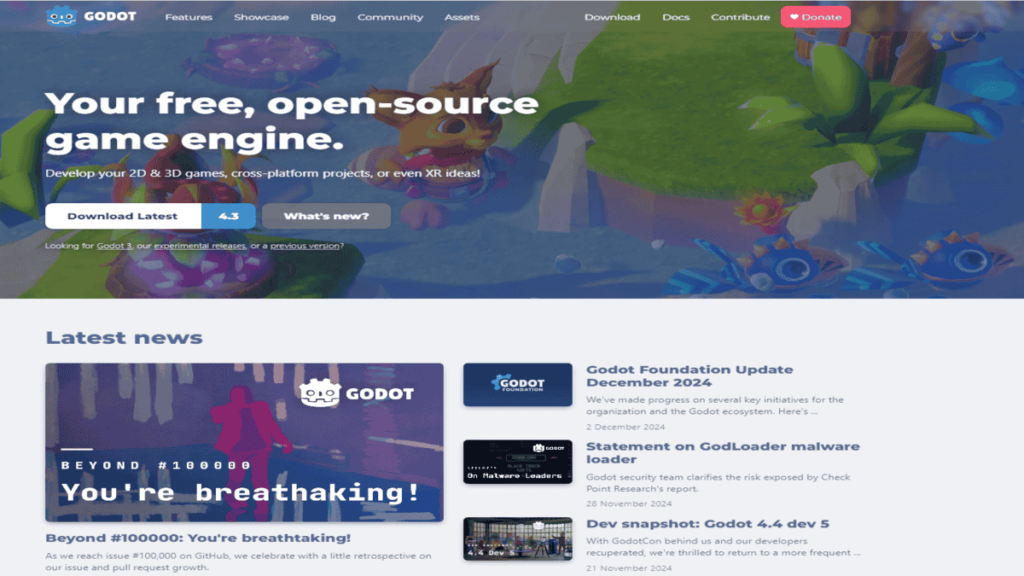
Godot is an open-source game engine with built-in tools for developing AI opponents. Its flexible scripting system enables developers to create intelligent NPCs and opponents for games.
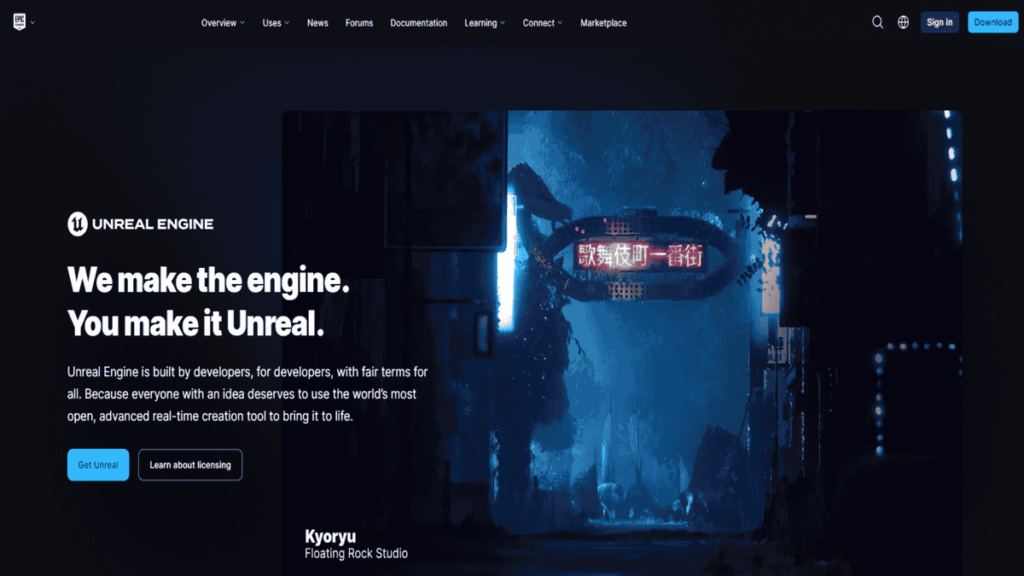
Unreal Engine offers robust AI tools for creating intelligent in-game opponents. Its built-in systems, like the Behavior Tree and Environment Query System (EQs), help developers craft complex AI opponents.

AI Dungeon is a game powered by OpenAI’s GPT-3, creating dynamic narratives and interactive game experiences. It can generate intelligent, unpredictable opponents and NPCs for text-based games.
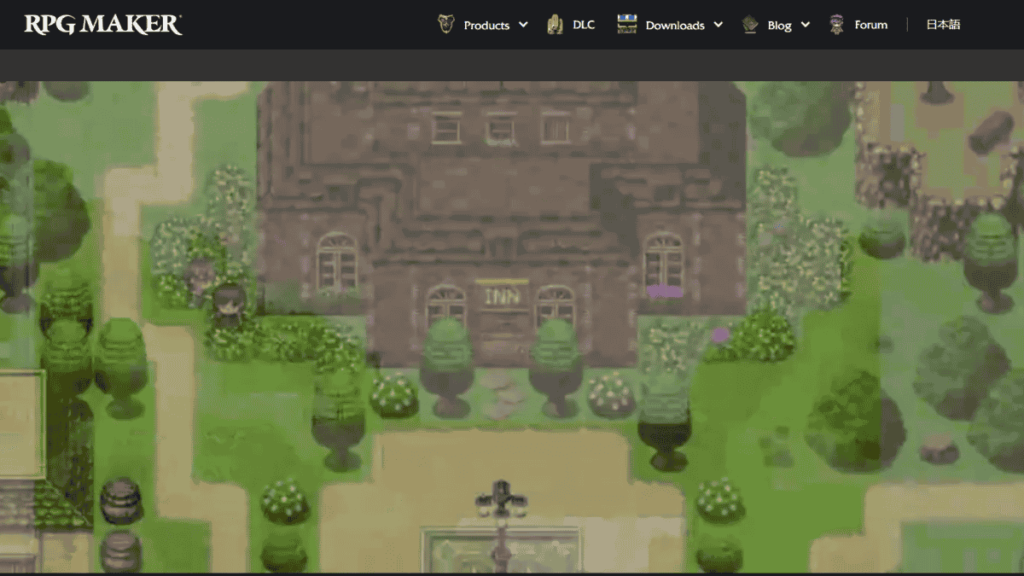
RPG Maker is a game development engine with AI that creates opponents in turn-based RPGs. It offers built-in tools for designing AI behavior and creating complex enemy interactions.
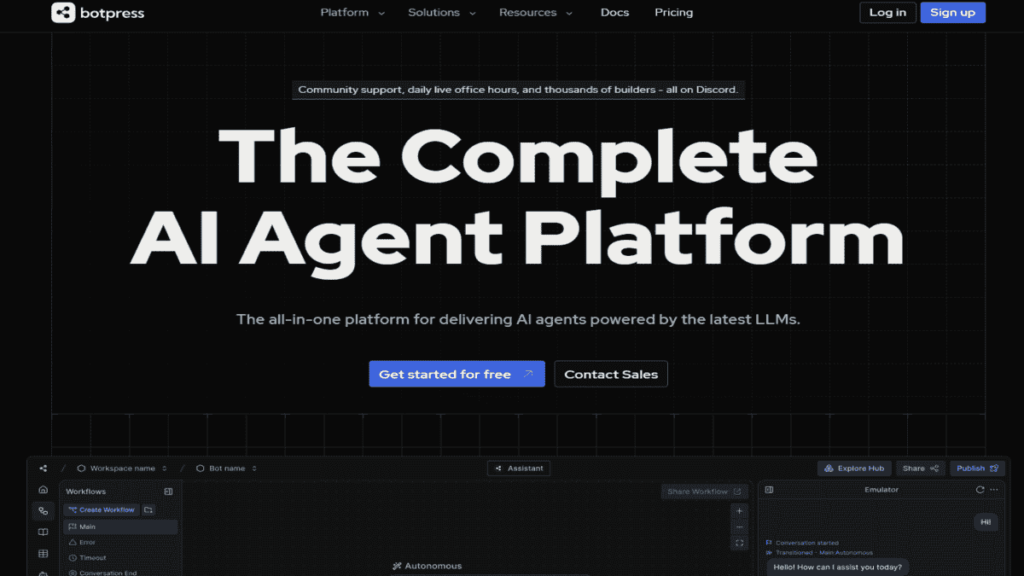
BotPress is an open-source conversational AI platform that allows game developers to create intelligent NPCs and in-game opponents for text-based interaction and chat-based games.
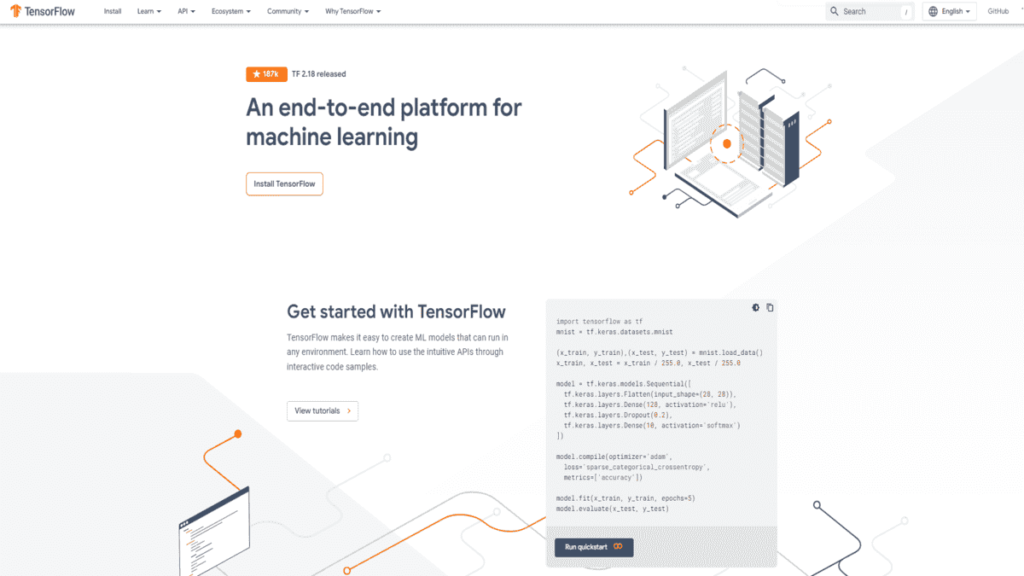
TensorFlow is an open-source machine learning framework that can be used to develop AI-powered opponents. Game developers can use TensorFlow to build AI models and train them for realistic in-game behavior.

Game AI Pro offers a variety of tutorials, tools, and resources designed specifically for game developers looking to implement AI in their games. The platform focuses on helping developers create intelligent opponents.
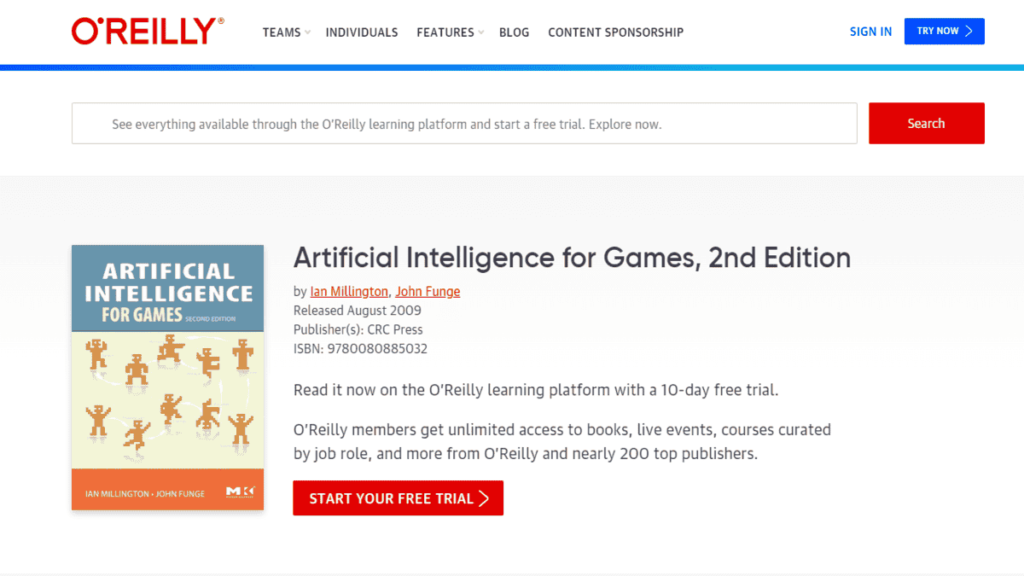
AI For Games is a comprehensive book and accompanying library that provides game developers with techniques for creating intelligent AI opponents. It covers everything from pathfinding to decision-making and combat strategies.

Killer Robots AI offers an AI system for developers to create intelligent, engaging game opponents. It features a neural network that can learn and adapt to player actions, providing a dynamic and challenging experience.

Cinematic AI generates cinematic, story-driven AI opponents that interact dynamically within game narratives. This tool is designed for developers who want to create complex, emotionally driven characters and NPCs.
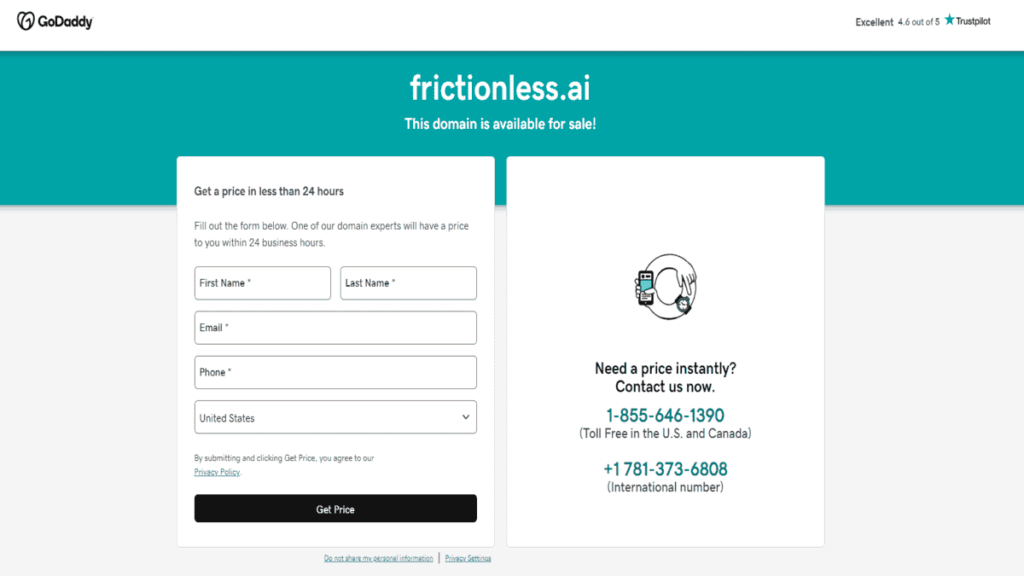
Frictionless AI provides developers with tools to generate AI opponents that can work within diverse game environments. It uses neural networks and reinforcement learning to allow AI characters to evolve based on player interactions.
While AI Opponent Generators offer significant benefits, they also present several challenges:
Training and running complex AI models can require significant computational resources.
Ensuring real-time performance, especially in complex games, can be challenging.
AI opponents may exhibit unexpected behaviors that can be frustrating or unfair to players.
Striking the right balance between challenging and frustrating opponents can be difficult.
AI opponents should be designed to provide a fair and enjoyable gaming experience.
AI should avoid exploiting game mechanics to gain an unfair advantage.
AI should enhance, not detract from, the overall player experience.
The future of AI opponent generation is promising, with several exciting trends on the horizon:
AI opponents can solve problems creatively, creating more dynamic and unpredictable gameplay.
AI opponents can develop novel strategies without explicit programming.
AI opponents can dynamically adjust their difficulty level based on player performance.
AI can tailor the gameplay experience to each player.
AI opponents that can understand and respond to player emotions.
AI opponents can collaborate with players to achieve common goals.
AI opponents can develop rivalries and friendships with players.
AI Opponent Generators have significantly advanced the gaming industry by creating more intelligent, adaptive, and challenging opponents. As AI technology evolves, we expect to see even more sophisticated AI opponents pushing the boundaries of gaming experiences. Game developers can create immersive and unforgettable gaming worlds by addressing the challenges and embracing future trends.
